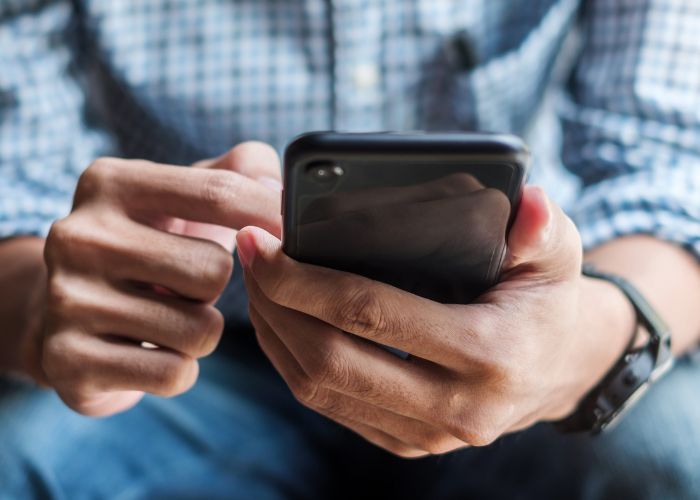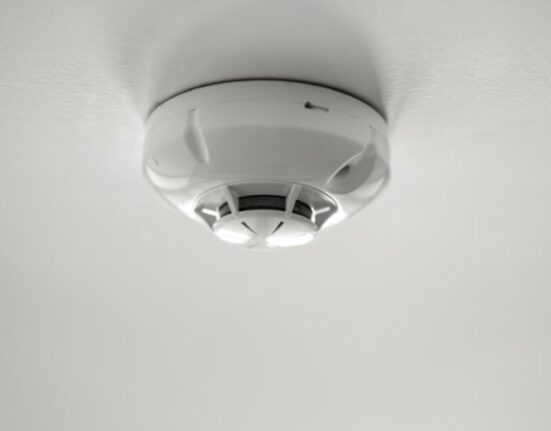Sometimes, you may find that your phone seems to be operating more slowly than expected. There are several things that can affect the overall strength and signal quality of your phone, but can Wi-Fi interfere with your cell signal?
Wi-Fi Frequencies
Whenever you browse the internet using Wi-Fi, you generally do so with a specific bandwidth that operates between 2.4 gigahertz and 5 gigahertz. Typically, the closer you are to five, the stronger your internet is; a 5 gigahertz Wi-Fi setup is ideal for streaming in HD or playing online video games. Wi-Fi is more convenient for smaller areas such as homes, restaurants, or other businesses and typically faster when it comes to downloading music or streaming video. If you find your videos frequently buffering when using a cell signal, finding a Wi-Fi connection may be a good idea.
Cellular Signal Frequencies
The bandwidth of cellular signals varies depending on the overall frequency, such as 3G, 4G, or LTE, but it usually operates between 800 and 1900 megahertz. There are different bands, though, and you may find stronger signals by using one that works between 700 megahertz and 2100 megahertz. These frequencies are great for widespread coverage across cities, towns, or even states. They are good for reliable phone calls and general internet usage, such as checking social media or sending texts.
Do They Affect Each Other?
If you find yourself wondering whether Wi-Fi interferes with your cell signal, the simple answer is no. Wi-Fi and cellular signals don’t affect one another because they generally operate on entirely different bandwidths, with one using megahertz and the other using gigahertz. They don’t have any opportunities to collide with one another and cause any direct interference. However, Wi-Fi may occasionally interfere with Bluetooth since some frequency crossover could make it appear as though it’s weakening your cell signal.

















